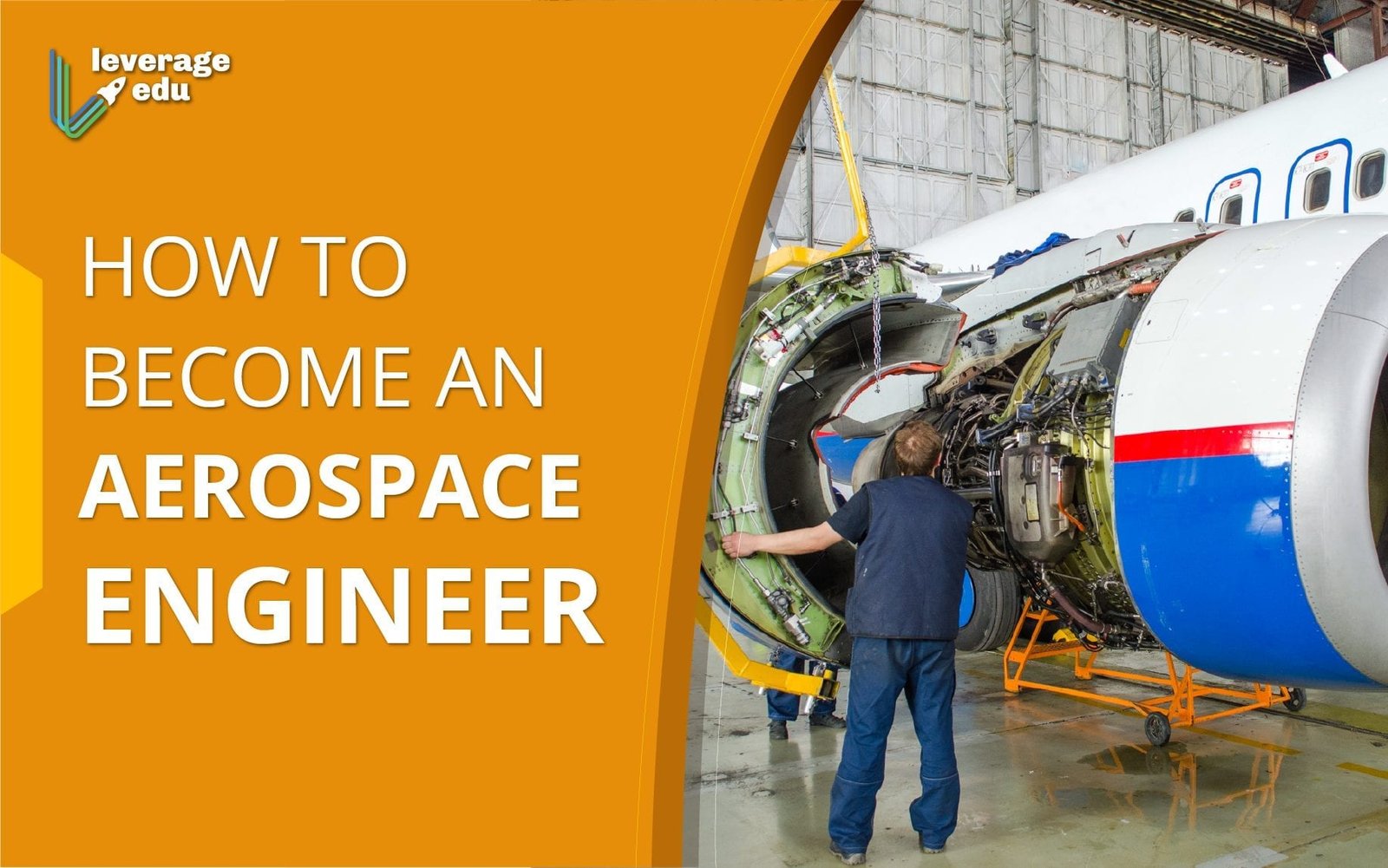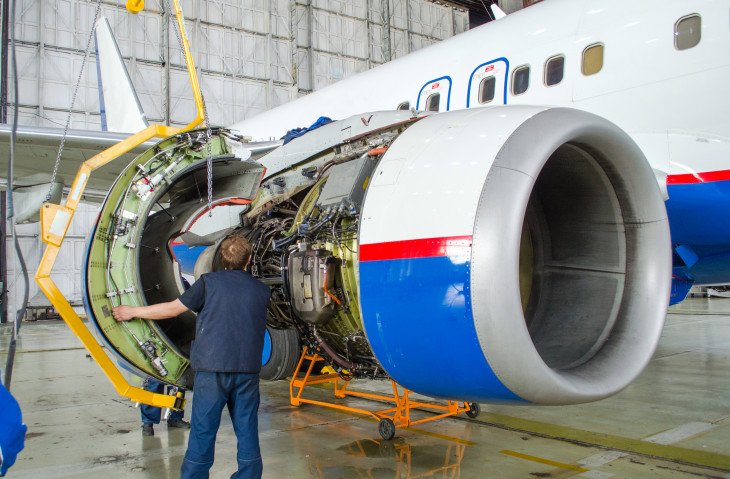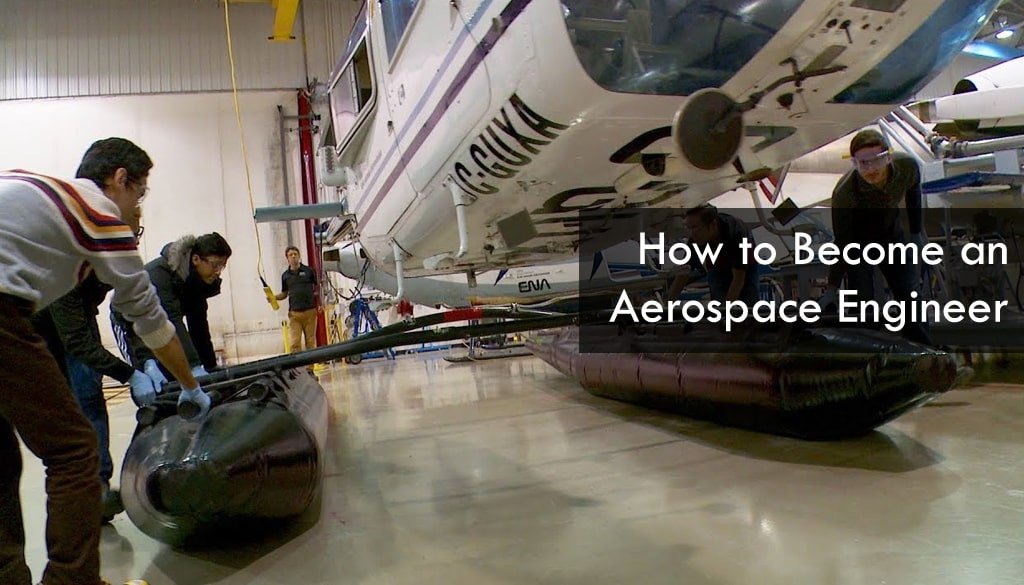So, you’re intrigued by the idea of becoming an aerospace engineer in the USA? Well, you’re in luck because this article is here to guide you through the steps on how to turn that dream into a reality. Whether you’re a high school student exploring career options or someone looking to switch careers, we’ll provide you with all the information you need to know to embark on this exciting journey. From the necessary education and qualifications to the opportunities and challenges that await, we’ll cover it all. So, let’s begin this exhilarating adventure together and discover how to become an aerospace engineer in the USA!

This image is property of leverageedublog.s3.ap-south-1.amazonaws.com.
Education
To become an aerospace engineer in the USA, the first step is to earn a Bachelor’s Degree in Aerospace Engineering. This degree program typically takes four years to complete and provides foundational knowledge in various areas of aerospace engineering. During your undergraduate studies, you will learn about aircraft and spacecraft design, aerodynamics, propulsion systems, controls, and other fundamental concepts.
After obtaining a Bachelor’s Degree, you have the option to further advance your education by considering a Master’s Degree or Ph.D. in aerospace engineering. These advanced degrees can open up more opportunities for higher positions in the field and research-oriented roles. Additionally, pursuing a graduate degree allows you to specialize in a specific area of aerospace engineering, which can enhance your expertise and make you a valuable asset to employers.
Specialize in a Subfield
Aerospace engineering is a vast field with several subfields, each focusing on different aspects of aerospace engineering. To narrow down your area of expertise, it is recommended to choose an aerospace engineering specialization during your graduate studies or even during your undergraduate education. Some common subfields to consider include aerodynamics, avionics, materials science, propulsion, and structural engineering.
Once you have identified your area of specialization, it can be beneficial to pursue additional courses or certifications in that specific subfield. These extra qualifications will not only give you more in-depth knowledge but also demonstrate your dedication and expertise to potential employers.

This image is property of www.keyshone.com.
Gain Hands-On Experience
Apart from formal education, gaining hands-on experience is crucial for a successful career in aerospace engineering. Participating in internships or co-op programs during your undergraduate or graduate studies can provide valuable industry exposure and practical skills. These programs often allow you to work alongside experienced professionals, giving you insight into real-world engineering projects.
Additionally, engaging in research projects or joining design teams can provide further opportunities to enhance your knowledge and skills. These experiences help you apply theoretical concepts to practical situations, develop problem-solving abilities, and improve your teamwork and communication skills.
Develop Strong Technical Skills
Aerospace engineering heavily relies on strong technical skills in various areas. To excel in this field, it is essential to master mathematics, physics, and computer science. These subjects form the foundation of aerospace engineering and are applied in almost every aspect of the discipline.
In addition to the core subjects, acquiring knowledge in specific areas like aerodynamics, propulsion, and controls is crucial. These specialized skills allow aerospace engineers to design and optimize aircraft and spacecraft systems effectively. By focusing on developing a strong technical skill set, you will be equipped to tackle complex engineering challenges in your career.

This image is property of dcivweuyzxz66.cloudfront.net.
Improve Soft Skills
While technical skills are paramount in aerospace engineering, developing soft skills is equally important. Strong communication and problem-solving skills are essential for effectively collaborating with colleagues, presenting ideas, and understanding client requirements. As an aerospace engineer, you will often need to communicate complex ideas to a variety of audiences, including non-technical stakeholders.
Cultivating teamwork and leadership abilities is also crucial in this field. Aerospace engineering projects often involve working in multidisciplinary teams, where effective collaboration and leadership can drive successful outcomes. Developing these soft skills will make you a well-rounded professional who can excel not only in technical aspects but also in interpersonal interactions.
Stay Updated on Industry Trends
To thrive as an aerospace engineer, it is vital to stay updated on the latest industry trends and advancements. Attending aerospace engineering conferences and workshops can provide valuable insights into emerging technologies, research breakthroughs, and industry best practices. These events also offer opportunities to network with professionals, exchange ideas, and stay connected to the aerospace engineering community.
Subscribing to industry publications and journals is another effective way to stay informed. These publications often feature articles on cutting-edge research, industry news, and analysis, keeping you up to date with the ever-evolving aerospace industry.

This image is property of manavrachna.edu.in.
Obtain Professional Engineer (PE) License
Obtaining a Professional Engineer (PE) license is considered a significant achievement in the field of aerospace engineering. To obtain a PE license, you must fulfill the educational and experience requirements set by the licensing board in your state. These requirements typically include a certain number of years of engineering work experience, which can be gained through employment or other forms of engineering practice.
Once you meet the educational and experience criteria, you need to pass the Fundamentals of Engineering (FE) exam, followed by the PE exam. These exams ensure that you possess the necessary knowledge and skills to practice engineering safely and effectively. Obtaining a PE license can enhance your professional credibility and open up new career opportunities.
Consider Certification
In addition to a PE license, pursuing certification from reputable organizations like the American Institute of Aeronautics and Astronautics (AIAA) can further demonstrate your expertise and commitment to the aerospace engineering field. These certifications often require a combination of educational qualifications, work experience, and passing specialized exams.
Certification can provide an edge in a competitive job market by validating your skills and knowledge in a specific area of aerospace engineering. It showcases to potential employers that you have met certain industry standards and are dedicated to continuous professional development.

This image is property of cdn-eaekd.nitrocdn.com.
Network with Professionals
Building a strong professional network is essential for career growth in aerospace engineering. Attending career fairs and networking events allows you to connect with industry professionals, potential employers, and other like-minded individuals. These events provide valuable opportunities to learn about career prospects, gain insights into different companies, and establish meaningful connections.
Joining professional aerospace engineering associations, such as the AIAA or the Society of Aerospace Engineers (SAE), can also help you expand your network. These associations often organize conferences, seminars, and webinars, providing opportunities for learning, professional development, and networking within the field.
Continuing Education
Aerospace engineering is a continuously evolving field, with new technologies and advancements emerging regularly. To stay at the forefront of the industry, it is crucial to stay updated on these advancements and developments. Keeping an eye on academic research, industry publications, and attending continuing education courses or pursuing advanced degrees can help you stay informed and adapt to the changing landscape of aerospace engineering.
Continuing education allows you to explore specialized areas, learn about innovative technologies, and deepen your expertise. By committing to lifelong learning, you can position yourself as a knowledgeable and adaptable aerospace engineer.